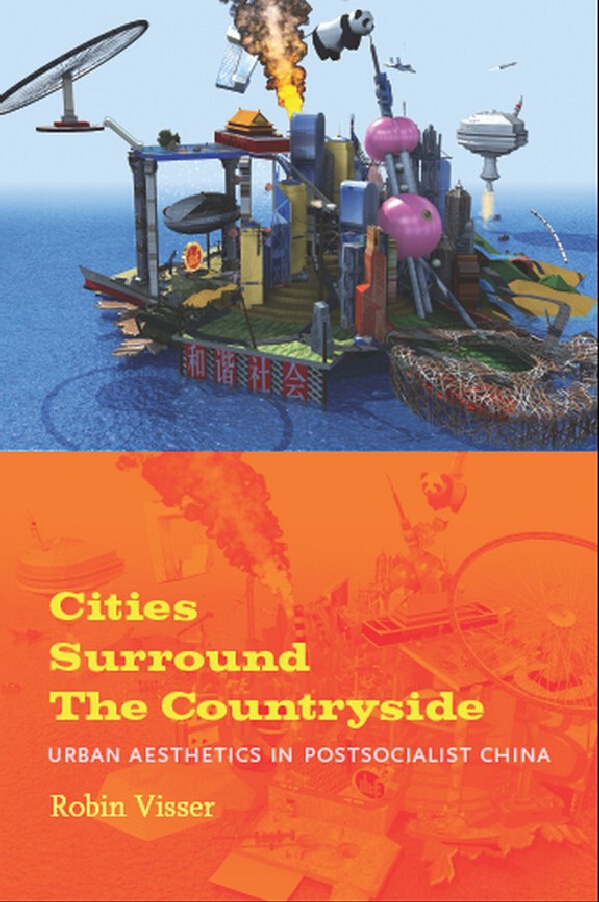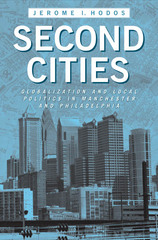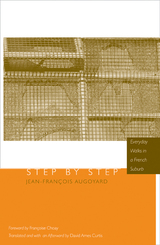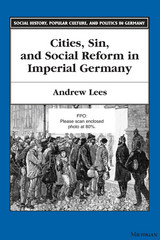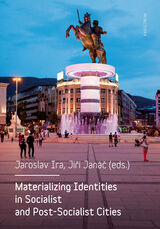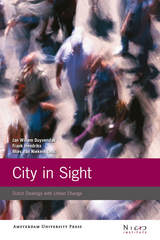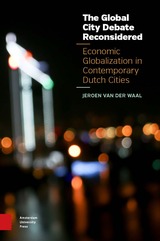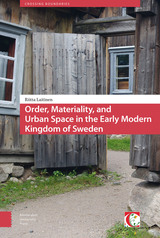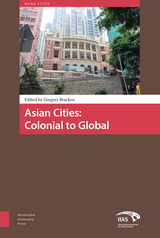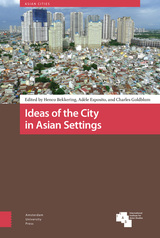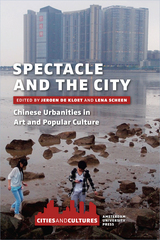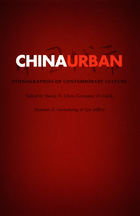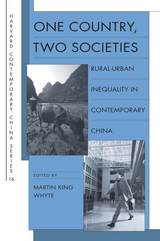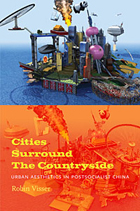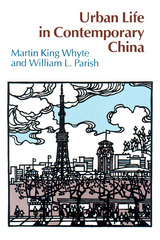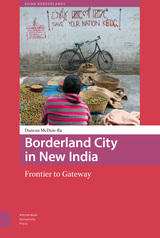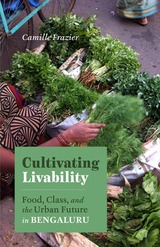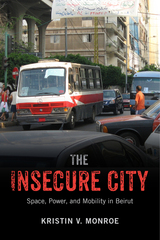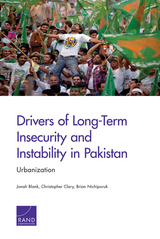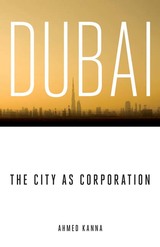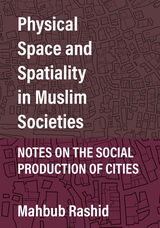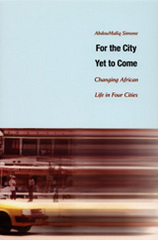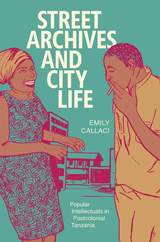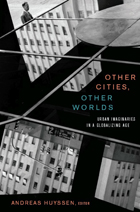“[T]his book is a strong intervention in our understanding of the key contributors to the urban art scene, and to formations of critique in China’s cities.” - Stephanie Hemelryk Donald, The China Quarterly
“This is an important study of a global issue which applies particularly to China in this period of unprecedented development: how to manage and ‘survive’ in the cities as they expand and modernise.” - Michael Sheringham, Asian Affairs
“[A] timely and valuable study. . . . [It] will be an indispensable guide for students and scholars of contemporary Chinese urban culture.” - Andrew Jones, Journal of Asian Studies
“Visser’s study develops a new perspective on critical inquiry and urban culture in the postsocialist period by situating them within the tension between place and space in a rapidly changing urban environment.” - Alexander F. Day, H-Urban, H-Net Reviews
“[I]lluminating and rich in material. . . . Visser’s account of changing urban planning, especially the aesthetics of planning, is fascinating. . . . The book
makes an important contribution to the contemporary cultural studies in China.” - Fulong Wu, Asia Pacific Viewpoint
“Cities Surround the Countryside is a truly exceptional book. Robin Visser has identified crucial issues that are nothing short of constitutive of urbanization and its reflections in the intellectual and cultural life of contemporary China. In addition, she deals with an impressive amount of material from various disciplines and media, much of which is little-known in English-language scholarship.”—Maghiel van Crevel, author of Chinese Poetry in Times of Mind, Mayhem and Money
“Cities Surround the Countryside is about everything important in contemporary China. In sensitive critical readings of everything from buildings and squares to artworks and short stories, from the literature of urbanism to the media of advertising, Robin Visser traces the emergence of a new urban self-consciousness. With its thorough scholarship and deft approach to text analysis, the book goes beyond the humanities to be a major contribution to Asian studies and urban studies, anthropology and history.”—Judith Farquhar, author of Appetites: Food and Sex in Post-Socialist China
“[A] timely and valuable study. . . . [It] will be an indispensable guide for students and scholars of contemporary Chinese urban culture.”
-- Andrew Jones Journal of Asian Studies
“[I]lluminating and rich in material. . . . Visser’s account of changing urban planning, especially the aesthetics of planning, is fascinating. . . . The book makes an important contribution to the contemporary cultural studies in China.”
-- Fulong Wu Asia Pacific Viewpoint
“[T]his book is a strong intervention in our understanding of the key contributors to the urban art scene, and to formations of critique in China’s cities.”
-- Stephanie Hemelryk Donald The China Quarterly
“This is an important study of a global issue which applies particularly to China in this period of unprecedented development: how to manage and ‘survive’ in the cities as they expand and modernise.”
-- Michael Sheringham Asian Affairs
“Visser’s study develops a new perspective on critical inquiry and urban culture in the postsocialist period by situating them within the tension between place and space in a rapidly changing urban environment.”
-- Alexander F. Day H-Urban H-Net Reviews
“For a brilliant discussion of artistic insubordination in reaction to urban modernity in literature, performance and art, I keenly recommend Robin Visser’s Cities Surround the Countryside.”
-- Michael Sorkin The Nation
